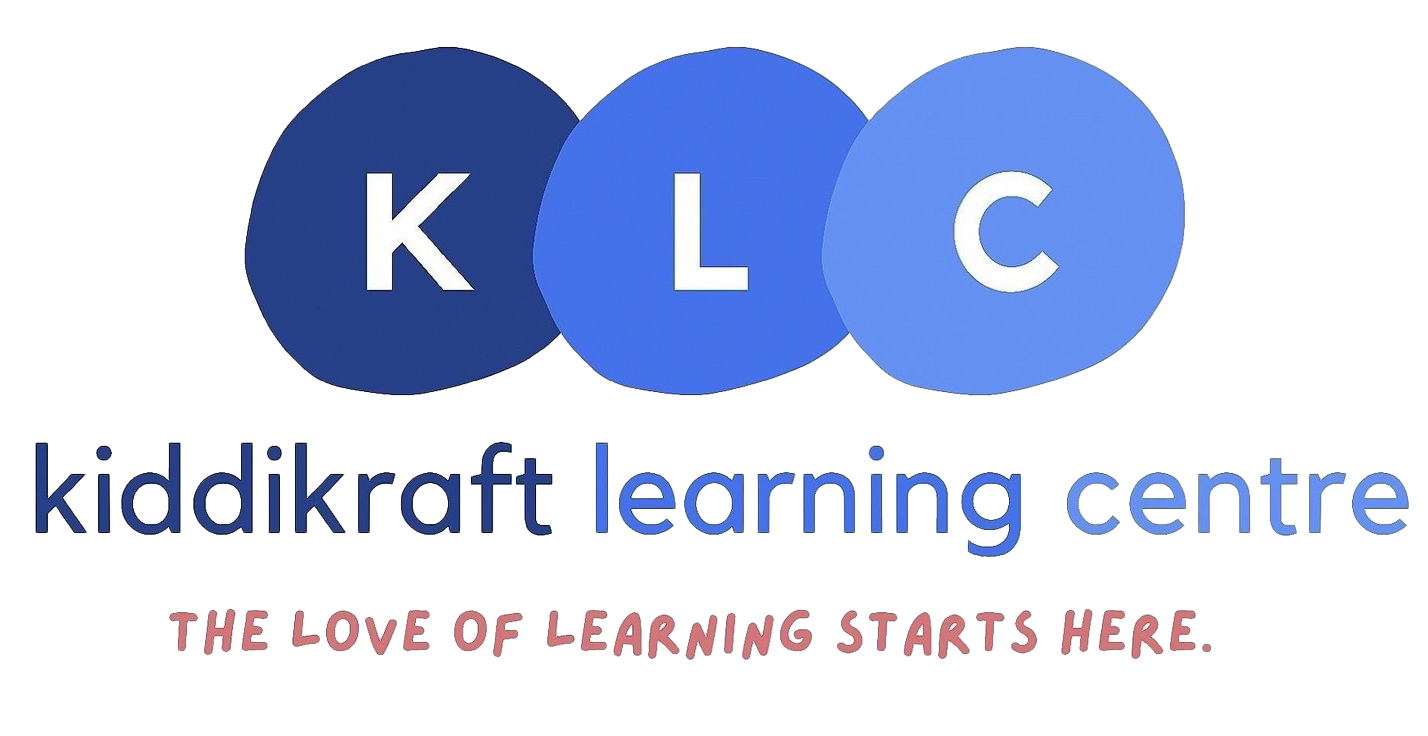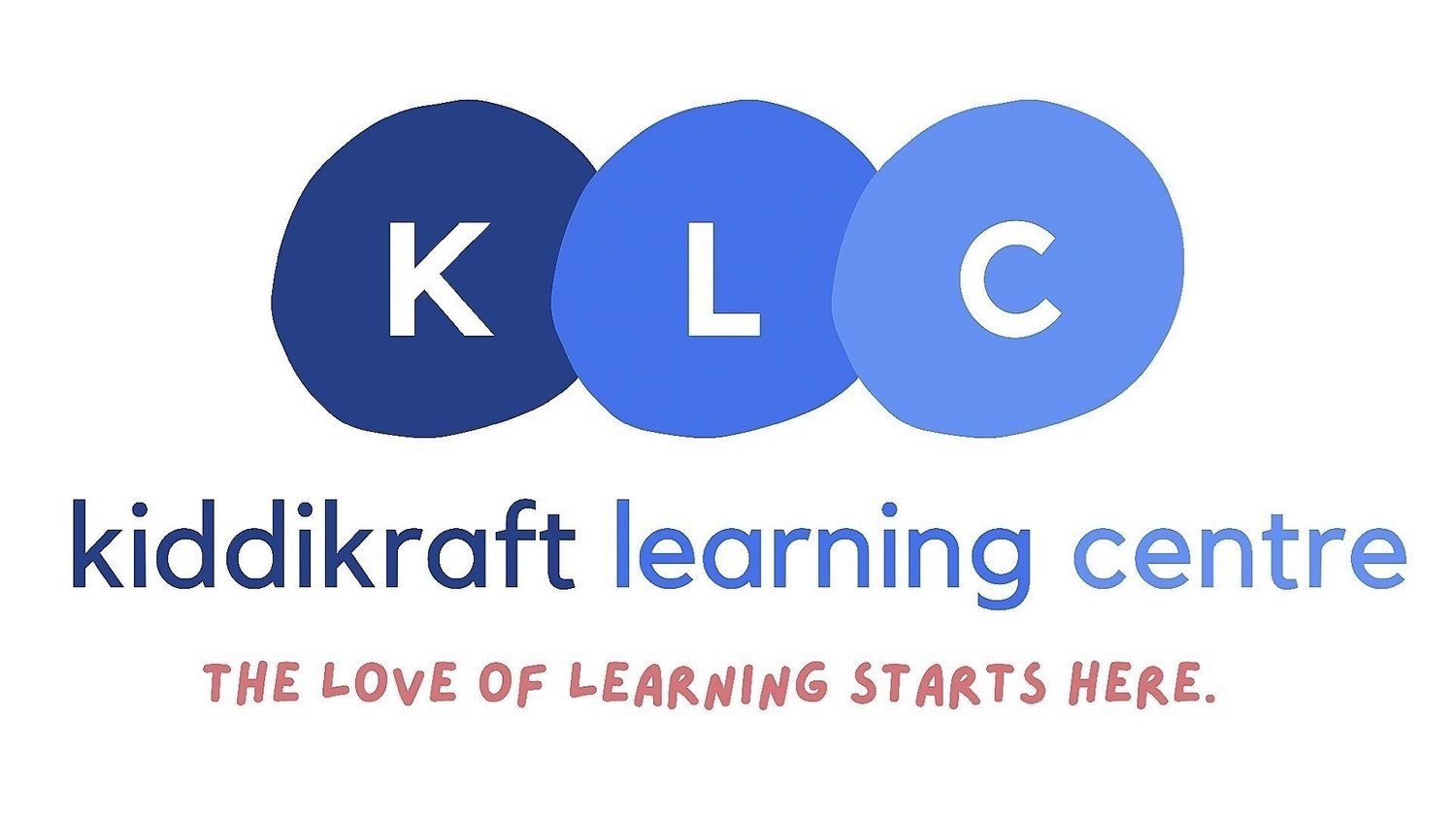Effective Teaching Strategies for Young Learners
Teaching young learners can be a rewarding and challenging experience. Here are some tips and strategies that teachers at KLC (Kiddikraft Learning Centre) use to effectively teach young learners.
Young learners thrive in a positive and supportive environment. At KLC (Kiddikraft Learning Centre) we create a warm and welcoming classroom atmosphere where students feel comfortable and motivated to learn.
Young learners have different learning styles and preferences. Our teachers incorporate a variety of teaching methods such as visual aids, hands-on activities, games, songs, and stories to cater to their diverse needs.
Active participation is key to keeping young learners engaged. It is important to plan activities that encourage students to actively participate in the learning process, such as group work, pair work, role-plays, and discussions.
Visual aids such as flashcards, posters, and props can help young learnersunderstand and remember new vocabulary. Real-life objects can also be used to make the learning experience more tangible.
Learning through play is highly effective for young learners. Our teachers at KLC (Kiddikraft Learning Centre) integrate educational games, such as matching games, memory games, and puzzles into their lessons to make the learning experience enjoyable and interactive.
Repetition is so important! Young learners benefit from repetition and reinforcement. Review previously taught material regularly and provide opportunities for students to practice and apply what they have learned.
Young learners thrive on structure and routine. Providing clear and age-appropriate instructions for activities and establishing consistent routines in the classroom, is important. This helps students feel secure and understand the lessons.
Remember, teaching young learners requires patience, flexibility, and agenuine passion for their growth and development. By creating a positive and engaging learning environment, using varied teaching methods, and catering to their unique needs, you can help young learners thrive and succeed.


